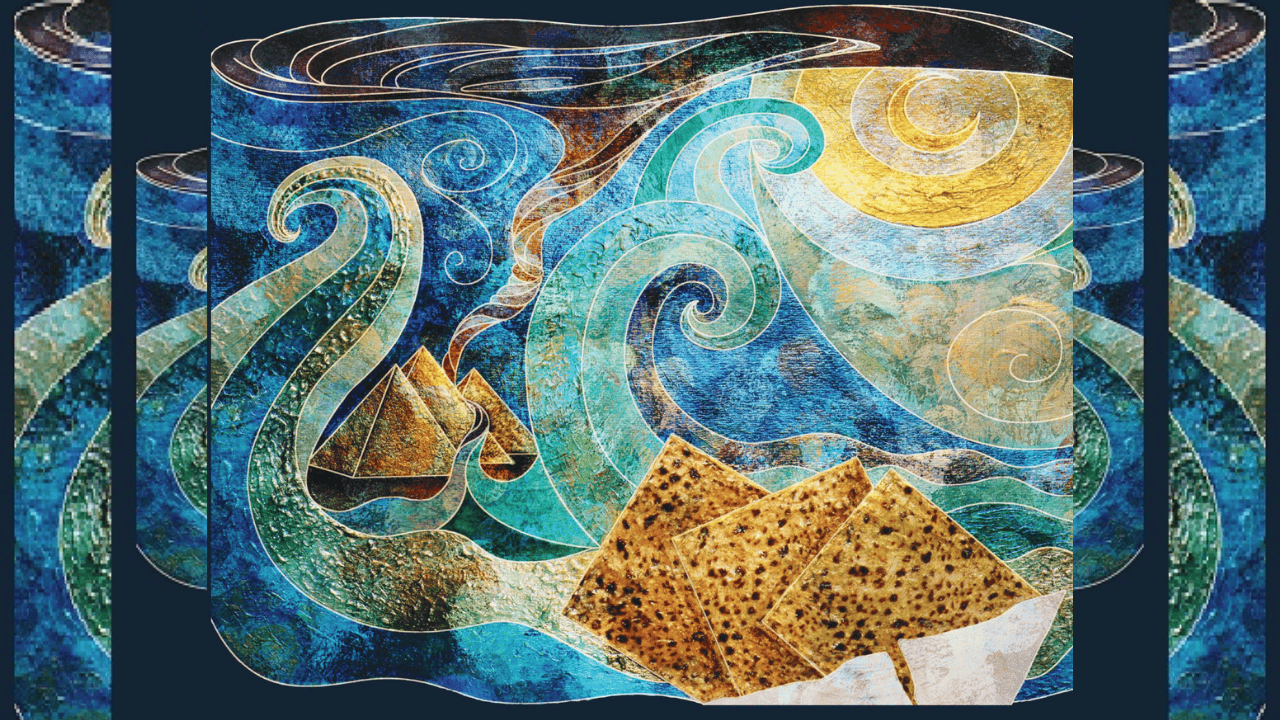The olive oil used in the menorah in the Tabernacle is described as “pure olive oil, beaten to give light” (Exodus 27:20). Olive oil was not only used in the menorah but also in consecrating the vessels of the Tabernacle. Olive oil was also used to sanctify the cohanim as they were initiated into service in the Tabernacle (a process described at the end of this portion, Exodus 29:1-37). Additionally, olive oil was used to anoint kings. It is from this ritualistic act that the name “Mashiach,” which means “the anointed one,” is derived.
Olive oil allegorically represents a profound secret: light emanates from physical matter. When physical matter is probed and “beaten” like an olive, it reveals a deeper dimension of energy and light. The Zohar teaches that all matter is simply different degrees of “thickened light.” What is true of olive oil is in effect true of all physical reality. Einstein’s theory of relativity and other modern scientific revelations about energy and light have confirmed that matter is quite literally energy.
Mashiach is charged with teaching the world this link between the physical and the spiritual worlds. Although Mashiach will be a warrior, a king, and the ultimate leader, his primary mission is to educate the world, introducing a new level of consciousness to humanity. Ultimately all the people of the world will come to recognize the Divine unity animating all reality and the consummate union between the physical and the spiritual realms. Humanity will then realize that reality is none other than the light of God. The menorah symbolizes God’s infinite light and humanity’s role in revealing that light in all places and at all times.







